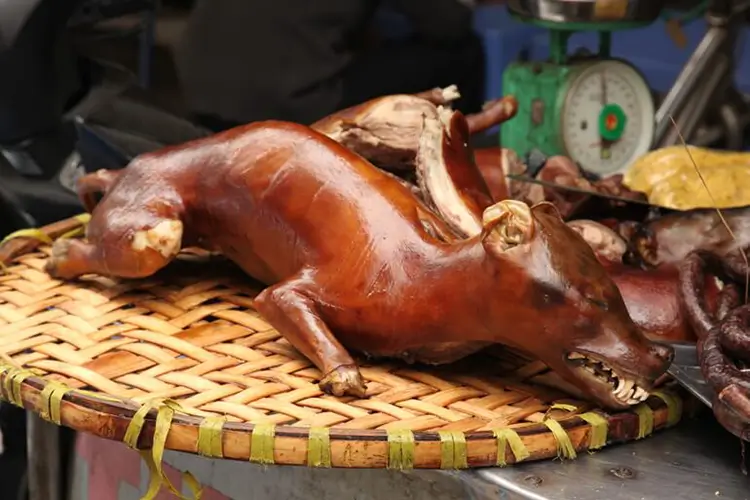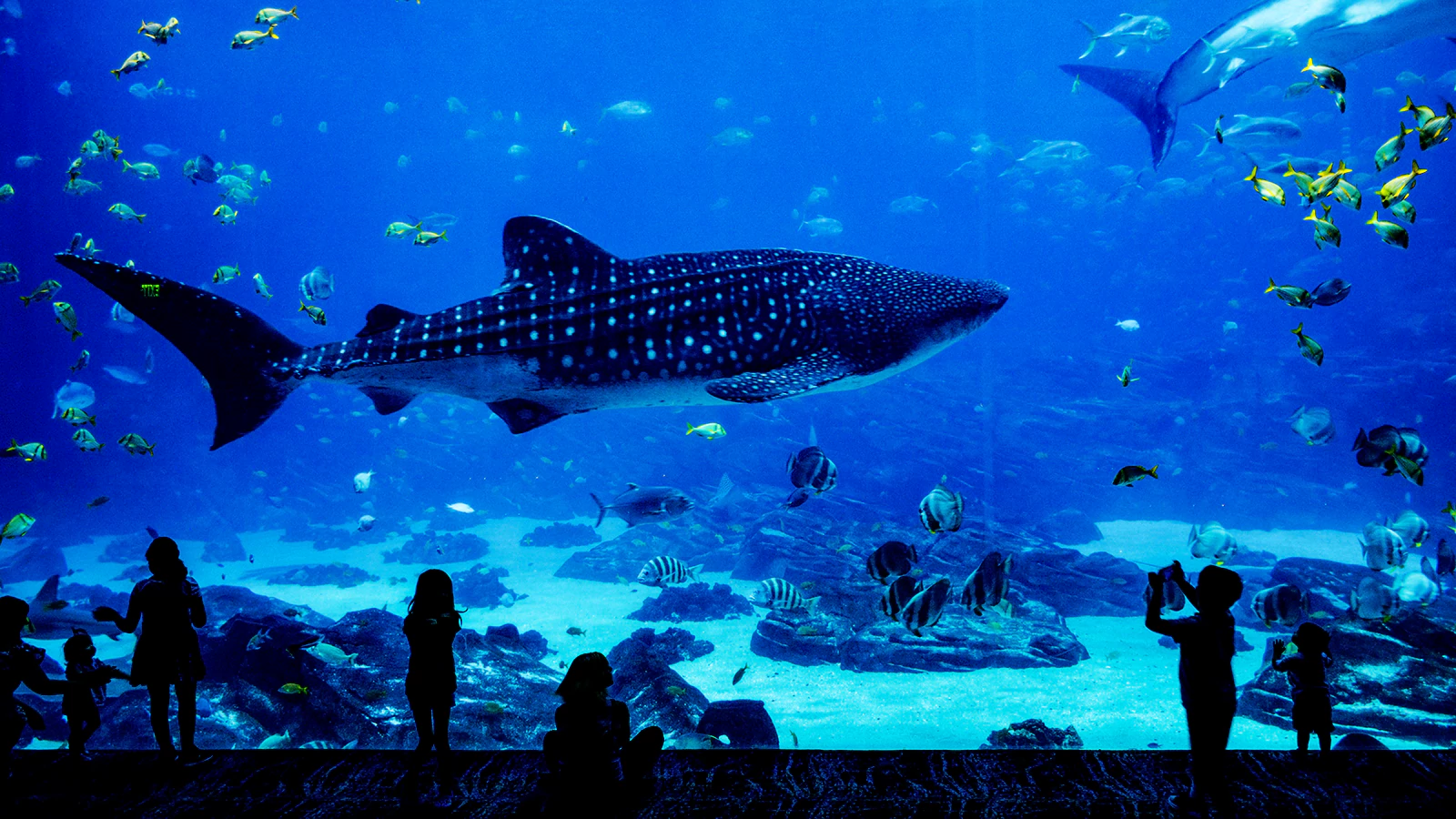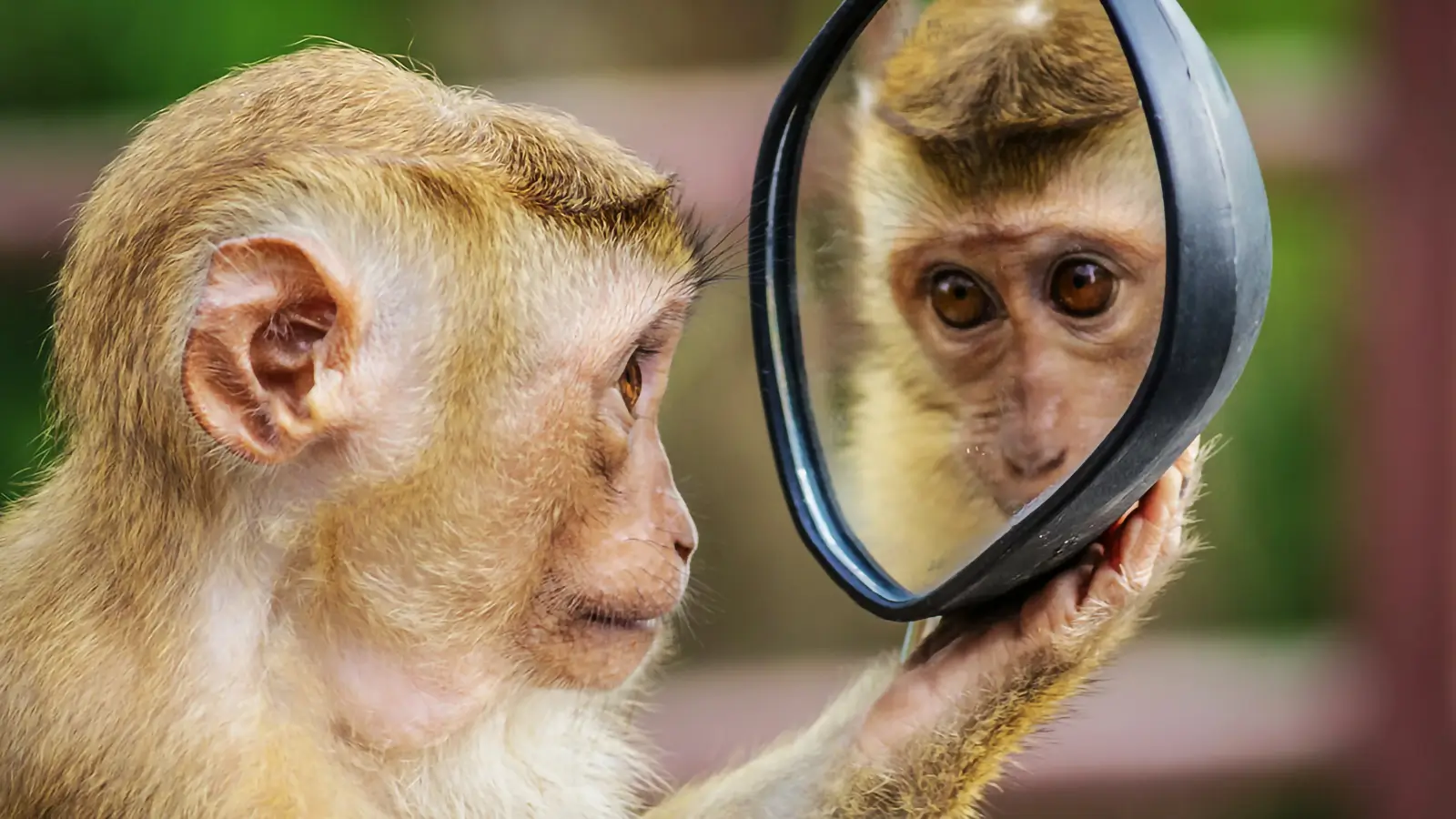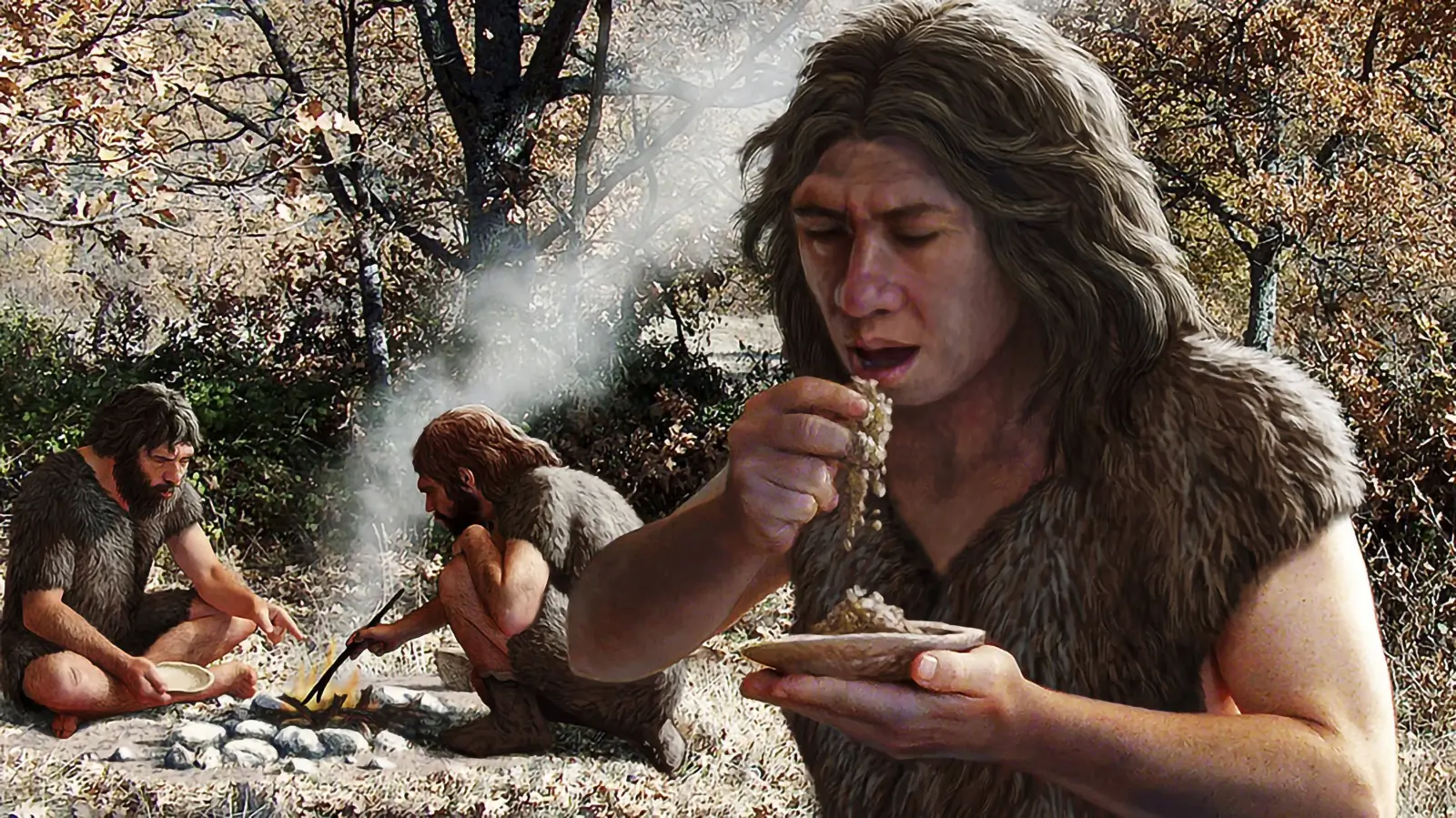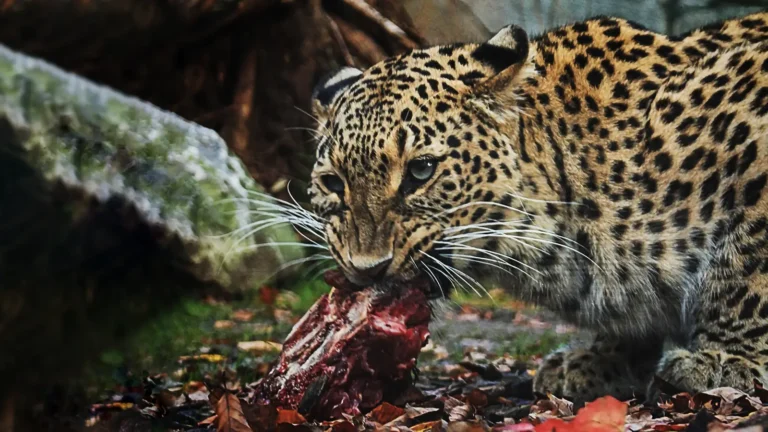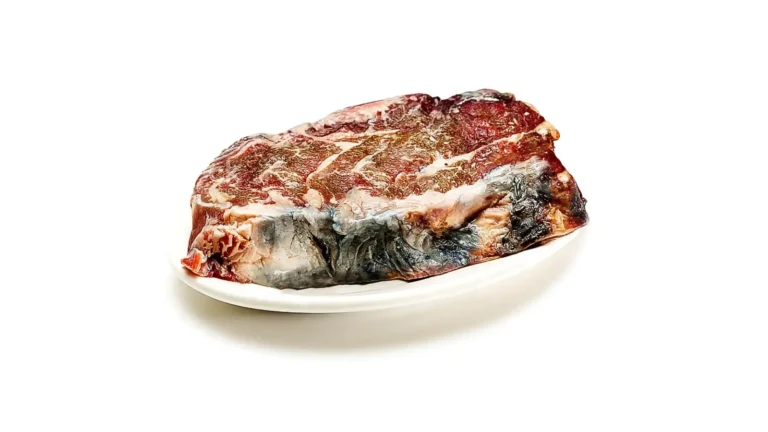Karnismus- Die Psychologie des Fleischkonsums
Fleischessen oder Karnismus ist die erlernte Kultur. Fleischfresser würden jedes Fleisch essen, egal was es ist. Wir würden nur wenige Tiere essen, die wir als Nahrung betrachten.
Milos Pokimica
Geschrieben von: Milos Pokimica
Medizinisch Begutachtet Von: Dr. Xiùying Wáng, M.D.
Aktualisiert am 7. Mai 2023Karnismus ist ein Wort, das Melanie Joy, Ph.D. Wird verwendet, um das Wertesystem und die Normen zu definieren, die die vorherrschende Fleischesskultur definieren. Fleischessen oder Karnismus ist die erlernte Kultur.
Echte Fleischfresser würden jedes Fleisch essen, egal was es ist. In unserem System würden wir nur wenige Tiere essen, die wir als Nahrung betrachten. Würden Sie zum Beispiel Ihren Hund essen? Die durchschnittliche Intelligenz des Schweins liegt auf dem Niveau eines 3-jährigen Kindes, und das Schwein ist intelligenter als ein Hund. Ein Schwein ist ein sehr kluges Tier. Glauben wir, dass Hundefleisch keinen guten Geschmack hat? In China zum Beispiel werden Hunde gegessen.
Warum essen wir sie dann nicht? Warum nicht Menschenfleisch? Denken wir, dass Menschenfleisch nicht gut schmeckt? Mit den Worten von Alexander Pearce, einem irischen Sträfling, der dafür berüchtigt war, seine Mitgefangenen zu verspeisen:
“Das Fleisch des Menschen ist köstlich, es schmeckt viel besser als Fisch oder Schweinefleisch.”
Wie wäre es alternativ damit:
“Es war wie gutes, voll entwickeltes Kalbfleisch, nicht jung, aber auch noch kein Rindfleisch. Es war ganz eindeutig so, und es war anders als jedes andere Fleisch, das ich jemals probiert hatte ... Es war mildes, gutes Fleisch ohne einen ausgeprägten oder charakteristischen Geschmack, wie ihn beispielsweise Ziegen-, Wild- und Schweinefleisch haben.”
– William Seabrook, ein Entdecker, der auf einer Reise nach Westafrika ein menschliches Rumpsteak gegessen hat.
In jüngerer Zeit versuchte der Wissenschaftsmoderator Greg Foot in einem Experiment mit BritLab für die BBC, das Geheimnis des Geschmacks von Menschenfleisch zu lüften. Leider ist es illegal, unser eigenes Fleisch zu essen. Da dies bekannt war, bestand das Ziel lediglich darin, eine gewisse Ähnlichkeit des Geschmacks zu erleben. Sie führten eine Biopsie von Gregs Beinmuskel durch und begnügten sich mit dem Aroma seines gekochten Fleisches. Das Aroma des Fleisches kann bis zu 80 Prozent unserer Geschmackswahrnehmung ausmachen. Sie legten das gekochte menschliche Fleisch in eine Aromaanalysemaschine und führten einen Geruchstest durch. Nach Gregs Worten roch sein Beinmuskel wie Rindergulasch. Die Analyse des Beinmuskels ergab, dass er in seiner Zusammensetzung sowohl Hühnerfleisch als auch Rindfleisch sehr ähnlich ist. Er besteht zu etwa der Hälfte aus Muskeln, die wir in Hühnerbrust gefunden haben, und hat ähnliche Muskelfasern wie Rindfleischstücke. Am Ende stellten sie eine Hackfleischmischung aus verschiedenen Tierfleischsorten her, um die Fasern nachzubilden, die sie in der Biopsie seines Beins gefunden hatten, und machten einen künstlichen Menschenburger.
Kannibalismus ist auf der ganzen Welt ausführlich dokumentiert, vom Amazonasbecken bis zum Kongo, Fidschi und dem Maori-Volk Neuseelands. Es ist keine moderne Erfindung und in manchen Kulturen ist es normal. Es gibt auch zeremoniellen rituellen Kannibalismus. In der modernen Welt wird es in Papua-Neuguinea seit 2018 immer noch in zeremoniellen Ritualen und Kriegszeremonien bei verschiedenen melanesischen Stämmen praktiziert. Man geht davon aus, dass Neandertaler Kannibalismus betrieben haben. Anatomisch gesehen haben moderne Menschen möglicherweise auch Neandertaler gefressen.
Auf kleineren Farmen wird das Schlachten immer mit bloßen Händen und ohne Betäubung durchgeführt. Das Gleiche gilt für alle anderen Tiere. Männliche Küken legen keine Eier und wachsen nicht schnell genug, daher werden sie nach dem Schlüpfen aussortiert und noch lebendig in eine Zerkleinerungsmaschine gegeben. Weibchen werden zu einer heißen Klinge gebracht, um einen Teil ihres Schnabels zu entfernen. Nach dem Schnabelkürzen werden die Vögel in Käfige gesteckt, wo sie den Rest ihres Lebens auf engstem Raum verbringen. Aufgrund selektiver Züchtung wachsen sie so schnell so groß, dass viele unter schweren Beinfehlbildungen und chronischen Gelenkschmerzen leiden. Bei der Schlachtung werden die Vögel kopfüber an den Beinen in bewegliche Fesseln gehängt und dann über eine Klinge gezogen, die ihnen die Kehle durchschneidet.
Die Wahrheit ist, dass es uns egal ist und es uns auch nie interessieren würde. Menschen haben selektives Einfühlungsvermögen. Wir haben vielleicht Mitleid mit Hunden, aber nicht mit Schweinen.

Dr. Melanie Joy nennt es eine Lücke in unserem Bewusstsein, den Bewusstseinsblock. Eine Form der Verleugnung oder des Selbstverteidigungsmechanismus.
Sie spricht über drei Ziele der Rechtfertigung. Fleisch zu essen ist gesund, normal und notwendig.
Was wir jedoch für normal halten, ist lediglich die soziale Struktur der vorherrschenden Kultur. Die meiste Zeit der menschlichen Existenz war Sklaverei normal, natürlich und notwendig. Schon im christlichen Europa des Mittelalters mit der Inquisition war Sklaverei normal und selbstverständlich. Der Sklavenhandel war sogar für die Wirtschaft der neu erworbenen Gebiete der neuen Welt notwendig. Es gibt einfach „Wilde“, die nackt herumlaufen. Nun ja, für den größten Teil der Menschheitsgeschichte war es eine Selbstverständlichkeit, nackt zu laufen. Das nennt man selektives Bewusstsein.
Auch Kleidung ist eine moderne Erfindung. Das Natürliche repräsentiert auch die vorherrschende kulturelle Interpretation der Geschichte. Mord, Vergewaltigung, Kindsmord, Abtreibung und Kinderopfer waren für den größten Teil der Menschheitsgeschichte ganz natürlich.
Verhaltensmuster sind in der Regel gleich und ändern sich nicht. Nur punktuelle Bewusstseinsveränderungen zur Rechtfertigung des Verhaltens.
Letztendlich, nur für den Fall, dass Sie vielleicht eine Idee haben, ein paar Ferkel zu retten: Heutzutage geht es nicht nur um Einbruch, Einbruch und Diebstahl. Im Jahr 2008 schrieb das FBI: „Öko-Terroristen und Tierrechtsextremisten stellen heute zusammen eine der größten Bedrohungen durch inländischen Terrorismus in den USA dar.“ Die USA sind so besorgt über Tierrechtsextremismus, dass es eine spezielle Gesetzgebung für sie gibt: den Animal Enterprise Terrorism Act (AETA). Kein anderer Terroranschlag zielt auf eine bestimmte Ideologie.
Viele Menschen in der veganen Gemeinschaft glauben, dass der Umgang mit Tieren eine Frage der sozialen Gerechtigkeit ist. Genau das lehrt beispielsweise Dr. Melanie Joy in ihren Vorlesungen. Das Problem ist, dass Gerechtigkeit von unserer Wahrnehmung von Normen abhängt. Je mehr wir lernen, desto besser verstehen wir die Natur der menschlichen Existenz. Und daran ist nichts Schlimmes. Der Existenzialismus ist die Kraft, die alle Tiere und die Evolution antreibt. Selbsterhaltung, Eigennutz, egal was passiert.
Was einige Menschen aus veganen Gemeinschaften nicht verstehen, ist, dass selektives Bewusstsein nicht nur ein Abwehrmechanismus ist. Es handelt sich um einen evolutionär instinktiven, unterbewussten Selbsterhaltungstrieb.
Der einzige Grund, warum wir zum Beispiel keine Hunde essen, liegt nicht darin, dass wir kulturell gelernt hätten, es nicht zu tun, sondern weil wir sie zu Lebzeiten häufiger genutzt haben. Es ist wieder Eigennutz. Wir haben Hunde zur Jagd eingesetzt, um andere Tiere zu fangen, und wir haben sie als eine Art primitives Alarmsystem eingesetzt. Sie bellen, wenn ein Bär, ein Wolf, ein anderer Mensch oder ein Neandertaler in unser Revier eindringt, denn Wölfe sind Territorialtiere und Hunde gehören jetzt zum Rudel der Menschen.
Die Tendenz, die wir haben, keine Katzen zu essen, beruht nicht darauf, dass wir es kulturell gelernt haben. Das liegt daran, dass sie eine Form der primitiven Schädlingsbekämpfung darstellen. Katzen neigen dazu, Ratten zu fressen, daher hatten wir mehr Nutzen daraus, sie zu domestizieren, als sie zu essen. Mit der Zeit verschmilzt das Verhalten mit unserer Kultur und wird in gesellschaftliche Normen integriert. Der gleiche Grund, warum wir Schweine nicht mögen, ist, dass sie nicht bellen, keine Ratten fangen und nichts tun. Wir profitieren nicht von ihnen, sie sind „dumm“ und wir werden sie essen. Wenn wir versuchen, sie zu melken, wird das nicht gut sein, auch weil sie relativ klein sind. Rinder hingegen sind größer, daher gibt es bei uns keine Schweinemilch.
Der einzige Grund, warum wir überhaupt eine Zivilisation haben, ist, dass primitive Hominiden wie der Homo erectus mehr von der Zusammenarbeit profitierten als vom Leben als einsame Wölfe. Hominins hatten auch Gemeinschaften, weil sie dem Einzelnen zugute kamen. Sogar ein Beta-Männchen toleriert das Alpha-Männchen, nicht weil es sich gut anfühlt, geschlagen zu werden, sondern weil es für ihn vorteilhafter ist, Beta zu sein, als als Einzelgänger zu sterben. Alles, was jemals ein Tier, einschließlich des Menschen, tut, beruht auf Bewahrungsinstinkt und Existenzialismus. Und dann wurde es Teil kultureller Normen.
Verweise:
Ausgewählte Passagen aus einem Buch: Pokimica, Milos. Zum Veganer werden? Rückblick auf die Wissenschaft Teil 1. Kindle-Ausgabe, Amazon, 2018.
Haben Sie Fragen zum Thema Ernährung und Gesundheit?
Ich würde gerne von Ihnen hören und sie in meinem nächsten Beitrag beantworten. Ich freue mich über Ihren Beitrag und Ihre Meinung und freue mich darauf, bald von Ihnen zu hören. Ich lade Sie auch dazu ein Folgen Sie uns auf Facebook, Instagram und Pinterest für weitere Inhalte zu Ernährung und Gesundheit. Sie können dort einen Kommentar hinterlassen und sich mit anderen Gesundheitsbegeisterten austauschen, Ihre Tipps und Erfahrungen teilen und Unterstützung und Ermutigung von unserem Team und unserer Community erhalten.
Ich hoffe, dass dieser Beitrag für Sie informativ und unterhaltsam war und dass Sie bereit sind, die gewonnenen Erkenntnisse anzuwenden. Wenn Sie diesen Beitrag hilfreich fanden, dann es teilen mit Ihren Freunden und Familienangehörigen, die ebenfalls davon profitieren könnten. Man weiß nie, wer auf seinem Weg zur Gesundheit vielleicht etwas Anleitung und Unterstützung braucht.
– Das könnte Ihnen auch gefallen –

Über Ernährung Lernen
Milos Pokimica ist Doktor der Naturheilkunde, klinischer Ernährungsberater, Autor für medizinische Gesundheit und Ernährung sowie Berater für Ernährungswissenschaften. Autor der Buchreihe Zum Veganer werden? Rückblick auf die Wissenschafter betreibt auch das Natürliche Gesundheit website GoVeganWay.com
Medizinischer Haftungsausschluss
GoVeganWay.com bietet Ihnen Rezensionen der neuesten Ernährungs- und Gesundheitsforschung. Die bereitgestellten Informationen stellen die persönliche Meinung des Autors dar und sind weder als Ersatz für professionelle medizinische Beratung, Diagnose oder Behandlung gedacht noch impliziert. Die bereitgestellten Informationen dienen ausschließlich Informationszwecken und sollen nicht als Ersatz für die Beratung, Diagnose und/oder medizinische Behandlung durch einen qualifizierten Arzt oder Gesundheitsdienstleister dienen.Ignorieren Sie niemals professionellen medizinischen Rat oder verzögern Sie die Suche nach medizinischer Behandlung, weil Sie etwas auf GoVeganWay.com gelesen oder über GoVeganWay.com darauf zugegriffen haben
Nehmen Sie NIEMALS Änderungen im Lebensstil oder irgendwelche Änderungen vor, die eine Folge von etwas sind, das Sie auf GoVeganWay.com gelesen haben, bevor Sie einen zugelassenen Arzt konsultieren.
Bei einem medizinischen Notfall rufen Sie sofort einen Arzt oder die Notrufnummer 911 an. GoVeganWay.com empfiehlt oder unterstützt keine bestimmten Gruppen, Organisationen, Tests, Ärzte, Produkte, Verfahren, Meinungen oder andere Informationen, die darin erwähnt werden könnten.
Herausgeber-Tipps –
Milos Pokimica ist Autor für Gesundheit und Ernährung sowie Berater für Ernährungswissenschaften. Er ist Autor einer Buchreihe. Zum Veganer werden? Rückblick auf die Wissenschafter betreibt auch das Natürliche Gesundheit website GoVeganWay.com
Neueste Artikel –
Top-Gesundheitsnachrichten – ScienceDaily
- The overlooked nutrition risk of Ozempic and Wegovyam Februar 4, 2026
Popular weight-loss drugs like Ozempic and Wegovy can dramatically curb appetite, but experts warn many users are flying blind when it comes to nutrition. New research suggests people taking these medications may not be getting enough guidance on protein, vitamins, and overall diet quality, increasing the risk of muscle loss and nutrient deficiencies.
- A 25-year study found an unexpected link between cheese and dementiaam Februar 4, 2026
A massive Swedish study tracking nearly 28,000 people for 25 years found an unexpected link between full-fat dairy and brain health. Among adults without a genetic risk for Alzheimer’s, eating more full-fat cheese was associated with a noticeably lower risk of developing the disease, while higher cream intake was tied to reduced dementia risk overall. The findings challenge decades of low-fat dietary advice but come with important caveats.
- MIT’s new brain tool could finally explain consciousnessam Februar 4, 2026
Scientists still don’t know how the brain turns physical activity into thoughts, feelings, and awareness—but a powerful new tool may help crack the mystery. Researchers at MIT are exploring transcranial focused ultrasound, a noninvasive technology that can precisely stimulate deep regions of the brain that were previously off-limits. In a new “roadmap” paper, they explain how this method could finally let scientists test cause-and-effect in consciousness research, not just observe […]
- Why heart disease risk in type 2 diabetes looks different for men and womenam Februar 4, 2026
Scientists are digging into why heart disease risk in type 2 diabetes differs between men and women—and sex hormones may be part of the story. In a large Johns Hopkins study, men with higher testosterone had lower heart disease risk, while rising estradiol levels were linked to higher risk. These hormone effects were not seen in women. The results point toward more personalized approaches to heart disease prevention in diabetes.
- Sound machines might be making your sleep worseam Februar 4, 2026
Sound machines may not be the sleep saviors many believe. Researchers found that pink noise significantly reduced REM sleep, while simple earplugs did a better job protecting deep, restorative sleep from traffic noise. When pink noise was combined with outside noise, sleep quality dropped even further. The results suggest that popular “sleep sounds” could be doing more harm than good—particularly for kids.
- This unexpected plant discovery could change how drugs are madeam Februar 3, 2026
Plants make chemical weapons to protect themselves, and many of these compounds have become vital to human medicine. Researchers found that one powerful plant chemical is produced using a gene that looks surprisingly bacterial. This suggests plants reuse microbial tools to invent new chemistry. The insight could help scientists discover new drugs and produce them more sustainably.
- A hidden cellular process may drive aging and diseaseam Februar 3, 2026
As we age, our cells don’t just wear down—they reorganize. Researchers found that cells actively remodel a key structure called the endoplasmic reticulum, reducing protein-producing regions while preserving fat-related ones. This process, driven by ER-phagy, is tied to lifespan and healthy aging. Because these changes happen early, they could help trigger later disease—or offer a chance to stop it.
PubMed, #Vegane Diät –
- Diet type and the oral microbiomeam Februar 2, 2026
CONCLUSION: The diet-oral microbiome-systemic inflammation axis is bidirectional and clinically relevant. Understanding both direct ecological regulation and indirect metabolic effects is essential to support precision nutrition strategies aimed at maintaining oral microbial balance and systemic inflammatory risk mitigation.
- Consensus document on healthy lifestylesam Januar 22, 2026
Proteins are a group of macronutrients that are vital to our lives, as they perform various functions, including structural, defensive and catalytic. An intake of 1.0-1.2 g/kg/body weight per day would be sufficient to meet our needs. Carbohydrate requirements constitute 50 % of the total caloric value and should be obtained mainly in the form of complex carbohydrates. In addition, a daily intake of both soluble and insoluble fiber is necessary. Regular consumption of extra virgin olive oil […]
- Vitamin B12 and D status in long-term vegetarians: Impact of diet duration and subtypes in Beijing, Chinaam Januar 21, 2026
CONCLUSIONS: This study reveals a dual challenge among Beijing long-term vegetarians: vitamin B12 deficiency was strongly associated with the degree of exclusion of animal products from the diet (veganism), while vitamin D deficiency was highly prevalent and worsened with longer diet duration. The near-universal vitamin D deficiency observed in this study suggests that, in the Beijing context, the risk may extend beyond dietary choice, potentially reflecting regional environmental factors;…
- Nutritional evaluation of duty meals provided to riot police forces in Germanyam Januar 13, 2026
Background: The primary role of the German riot police is maintaining internal security. Due to challenging working conditions, riot police forces face an elevated risk of various diseases. During duty, forces are provided with meals. A balanced diet can reduce the risk of some of these diseases and contribute to health-promoting working conditions. Aim: First evaluation of the nutritional quality of duty meals in Germany based on German Nutrition Society recommendations (DGE). Methods: In…
- Iodineam Januar 1, 2006
Iodine is an essential trace nutrient for all infants that is a normal component of breastmilk. Infant requirements are estimated to be 15 mcg/kg daily in full-term infants and 30 mcg/kg daily in preterm infants.[1] Breastmilk iodine concentration correlates well with maternal urinary iodine concentration and may be a useful index of iodine sufficiency in infants under 2 years of age, but there is no clear agreement on a value that indicates iodine sufficiency, and may not correlate with […]
Zufällige Beiträge –
Beliebte Beiträge -
Neuestes von PubMed, #pflanzliche Ernährung –
- From paddy soil to dining table: biological biofortification of rice with zincvon Lei Huang am Februar 4, 2026
One-third of paddy soils are globally deficient in zinc (Zn) and 40% of Zn loss in the procession from brown rice to polished rice, which results in the global issue of hidden hunger, e.g., the micronutrient deficiencies in the rice-based population of developing countries. In the recent decades, biofortification of cereal food crops with Zn has emerged as a promising solution. Herein, we comprehensively reviewed the entire process of Zn in paddy soil to human diet, including the regulatory…
- Molecular Characterization of Tobacco Necrosis Virus A Variants Identified in Sugarbeet Rootsvon Alyssa Flobinus am Februar 3, 2026
Sugarbeet provides an important source of sucrose; a stable, environmentally safe, and low-cost staple in the human diet. Viral diseases arising in sugarbeet ultimately impact sugar content, which translates to financial losses for growers. To manage diseases and prevent such losses from occurring, it is essential to characterize viruses responsible for disease. Recently, our laboratory identified a tobacco necrosis virus A variant named Beta vulgaris alphanecrovirus 1 (BvANV-1) in sugarbeet…
- Nutrition in early life interacts with genetic risk to influence preadult behaviour in the Raine Studyvon Lars Meinertz Byg am Februar 3, 2026
CONCLUSIONS: Nutrition in early life and psychiatric genetic risk may interact to determine lasting child behaviour. Contrary to our hypothesis, we find dietary benefits in individuals with lower ADHD PGS, necessitating replication. We also highlight the possibility of including genetics in early nutrition intervention trials for causal inference.
- Effect of the gut microbiota on insect reproduction: mechanisms and biotechnological prospectsvon Dilawar Abbas am Februar 2, 2026
The insect gut microbiota functions as a multifunctional symbiotic system that plays a central role in host reproduction. Through the production of bioactive metabolites, gut microbes interact with host hormonal pathways, immune signaling, and molecular regulatory networks, thereby shaping reproductive physiology and fitness. This review summarizes recent advances in understanding how gut microbiota regulate insect reproduction. Accumulating evidence demonstrates that microbial metabolites…
- Rationale and design of a parallel randomised trial of a plant-based intensive lifestyle intervention for diabetes remission: The REmission of diabetes using a PlAnt-based weight loss InteRvention…von Brighid McKay am Februar 2, 2026
CONCLUSIONS: This trial will provide high-quality clinical evidence on the use of plant-based ILIs to address the epidemics of obesity and diabetes to inform public health policies and programs in Canada and beyond.
- Diet type and the oral microbiomevon Daniel Betancur am Februar 2, 2026
CONCLUSION: The diet-oral microbiome-systemic inflammation axis is bidirectional and clinically relevant. Understanding both direct ecological regulation and indirect metabolic effects is essential to support precision nutrition strategies aimed at maintaining oral microbial balance and systemic inflammatory risk mitigation.
